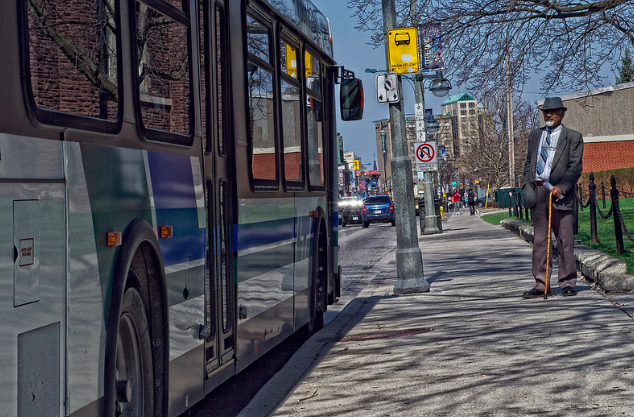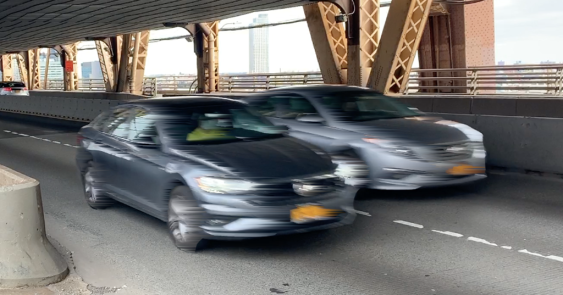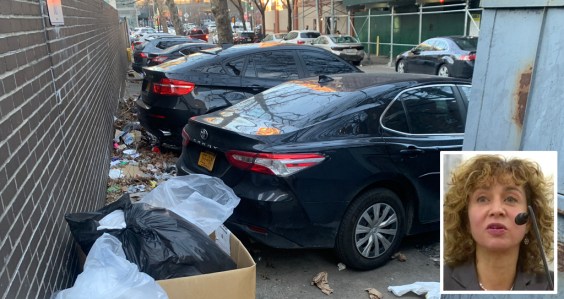Since the 1960s and the earliest days of job sprawl, the theory of "spatial mismatch" -- that low-income communities experience higher unemployment because they are isolated from employment centers -- has shaped the way people think about urban form and social equity.
But it's also been challenged. The research supporting spatial mismatch has suffered from some nagging flaws. For example, many studies focused on job access within a single metropolitan area, so it wasn't clear if the findings were universal. Other studies looked only at linear distance between jobs and low-income residents, not actual commute times. In addition, researchers including Harvard economist Ed Glaeser have argued that it's difficult to determine whether neighborhood inaccessibility causes higher unemployment, or whether disconnected areas attract more people who have trouble finding work.
A new study [PDF] from researchers at the U.S. Census Bureau, the Comptroller of the Currency, and Harvard University, however, addresses those shortcomings and confirms the original theory of spatial mismatch: Geographic barriers to employment -- sprawl, suburban zoning, poor transit -- do indeed depress employment levels.
This carefully controlled study looked at a sample of 247,000 lower-income workers in nine U.S. metros in the Great Lakes region of the Midwest. The study only looked at low-income workers who had a consistent work background -- in other words, few gaps in employment. The authors also limited the study to people who had been laid off as part of a mass downsizing following the recession, not people who parted with their employer voluntarily or through any fault of their own.
Researchers used local travel data to model morning rush hour commute times by both car and transit from different neighborhoods to job centers around the sample cities, creating a metric they call "neighborhood accessibility." Controlling for other factors, they found that a 50 percent increase in neighborhood accessibility led to a 4.2 percent shorter period of unemployment overall. For job seekers who found work that paid at least 90 percent of what their old job did, the effect was larger -- people in accessible places were unemployed for 7 percent less time than people in inaccessible places.
People able to commute long distances by car before being laid off found new jobs sooner, and were more likely to find a job that nearly replaced their previous income.
Black and Hispanic workers, women, and older workers were affected the most by spatial mismatch, the researchers found. While black people tend to live in neighborhoods with higher job accessibility by car, because they are more likely to live near downtown, researchers found that they are far more likely to rely on transit, which limited accessibility and put them at greater disadvantage.
In its coverage of the study, the Economist suggested that spatial mismatch -- a problem imposed by a combination of job sprawl, suburban zoning, lack of affordable housing near job centers, and inadequate transit -- is a "recipe for unemployment" in America, where most jobs are out of reach via transit.
Hat tip: David Stone





